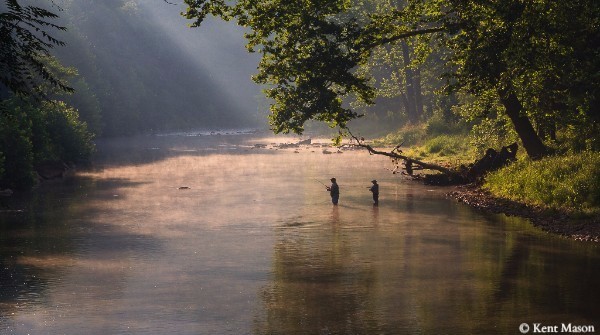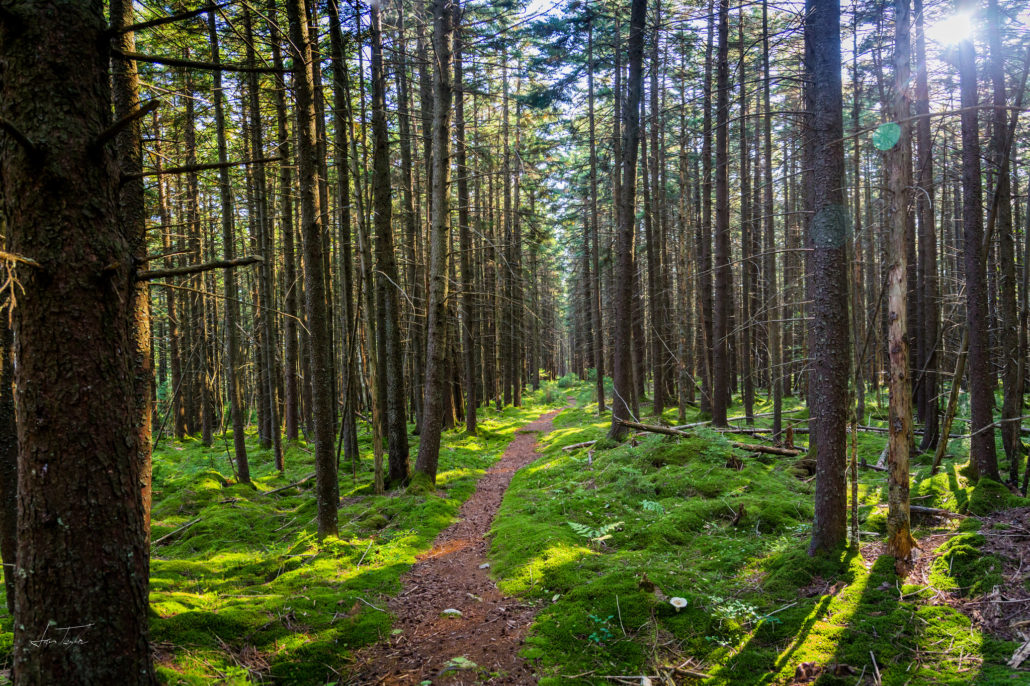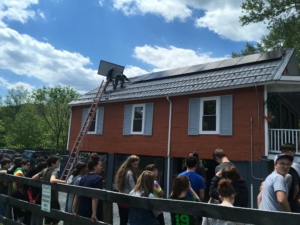WV Public Lands Update: 30×30 Executive Order, Roadless Rule Act, Listening Sessions
President Biden Sets Ambitious Conservation Goals
A recent executive order signed by President Biden sets a goal of protecting 30% of the nation’s lands and waters by 2030. These conservation measures are identified as critical to slowing the effects of climate change.
Land conservation helps to mitigate climate change by storing and removing carbon through a process known as “carbon sequestration.” The more carbon that is stored and removed through natural processes, the less carbon dioxide will reach the atmosphere. This is considered a “natural solution” to climate change. Academic literature suggests natural solutions can provide over one-third of cost-effective climate change mitigation needed by 2030.
The concept of protecting 30% of land and water by 2030 isn’t a new idea, President Biden’s executive order is based on the 30×30 Campaign for Nature, which is championed by the President’s Department of the Interior Secretary nominee, Congresswoman Deb Haaland (D-NM), who if confirmed would be the first Native American to serve in that role.
Reintroduction of the Roadless Area Conservation Act
Efforts are underway to codify a Forest Service rule that prohibits road construction for logging and mining in designated backcountry areas.
Known as the “Roadless Rule,” The Roadless Area Conservation Rule was first implemented by the Forest Service in 2001. Here in West Virginia, the Roadless Rule is important to the integrity of about 182,000 roadless acres throughout our three National Forests (Monongahela, Jefferson, and Washington).
Photo by Kent Mason
Codification of the Roadless Rule is a priority for public lands advocates due to its vulnerability. Last year, the Trump administration exempted the Tongass National Forest in Alaska from the Roadless Rule, which opened 9 million acres to extractive industries and logging, including 168,000 old growth acres.
Learn more about the Roadless Area Conservation Act of 2021 which would make the Roadless Rule law.
What’s Next for Public Lands Conservation in West Virginia
We want to hear from you! WV Rivers Coalition, the coordinating partner of West Virginians for Public Lands, is conducting listening sessions with stakeholders regarding their vision for West Virginia’s public lands and the Monongahela National Forest.
We want to know what policies you’d like to see us focus on and how we can be most impactful throughout the state. If you’d like to discuss this or give input, please reach out to Sarah Cross at scross@wvrivers.org or 304-695-6096.
West Virginians for Public Lands Endorser Spotlight
A big shout out goes to a few of our recent West Virginians for Public Lands endorsers: Mountain View Solar and The River House.
The River House is an awesome non-profit community arts and music program located in Capon Bridge, WV. If you are in the area, check out their baked goods and local items!
In the picture to the left, Mountain View Solar is installing solar panels on the River House establishment. The project was made possible through the Mountain View Solar Community Give Back Program. Thank you, thank you, to these fabulous supporters.
Monongahela National Forest Access Updates
The Forest Service continues to provide guidance on use of developed recreational sites to keep visitors safe. You can find up-to-date information about access and restrictions within the Mon National Forest here.







